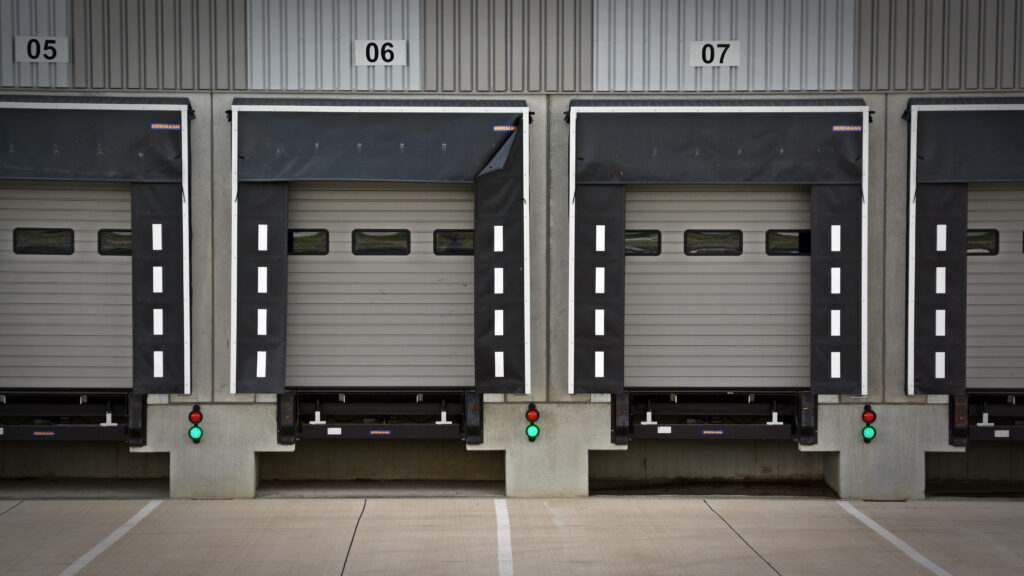How Trucking Companies can Comply with Zero Emissions Legislation
A growing number of states are pushing for zero emissions from medium and heavy vehicles starting in 2025. States on board with this new legislation include California, New York, Massachusetts, New Jersey, Washington, and Oregon. As these are major hubs for manufacturing and imports, both coasts seem determined to motivate change in the trucking industry. However, the move to zero emissions is not just about legislation from government agencies. Wal-Mart, Pepsi, and other major corporations also see the benefits of switching over to zero emissions vehicles, starting with their own fleets. For other trucking companies, the prospect of switching to zero emissions vehicles presents both challenges and opportunities.

The Case for Electric Trucks and Zero Emissions
Most discussions about zero emissions come from an environmental point of view. Electric vehicles eliminate the need for fossil fuels, which are a finite resource. Plus, the emissions from petroleum-powered vehicles are harmful to the environment, as well as wasteful. But beyond environmental concerns, corporations and early adopters in the trucking industry are looking at the benefits from the financial angle. First, electric trucks have gotten more powerful and more efficient since the subject picked up momentum around 2015. The short-term cost may seem steep, but the long-term payoff would end up saving trucking companies in maintenance and fuel costs. Second, the past three years have shown a tremendous uptick in e-commerce, resulting in trucking companies creating their own LTL fleets. Electric vans and smaller zero emission trucks can carry smaller loads and provide that crucial “last mile” service to customers while larger electric vehicles handle big shipments. Forecasters do not attribute the rise in e-commerce and LTL trucking to a result of the pandemic. Rather, the trend was there well before the COVID-19 outbreak, and businesses across the United States have shifted to the e-commerce model. Additionally, customers prefer the convenience of shopping from their computers, phones, and tablets, instead of fighting traffic to get to stores. Third, switching to electric trucks means fleets and owner-operators alike do not have to deal with unpredictable prices at the pump. Charging stations at truck stops and parking areas, along with off-grid, solar powered charging ports that trucking companies can install on-site, can keep electric vehicles running without incurring major costs. In short, moving to zero emissions early allows trucking companies to lower costs in the long run, plus it gives them a competitive edge right now. Lastly, there is no avoiding the inevitable need to switch to zero emissions vehicles. Volvo has already committed to making electric vehicles and ending production of their petroleum powered trucks. Mercedes, and other manufacturers are doing the same. Fleets that adopt new technology now will already be experiencing the benefits when legislation goes into effect and competitors are still trying to catch up to the industry standards.
Making the Switch to Zero Emissions
As with all technological upgrades that affect day-to-day operations, switching from diesel to electric power takes money – whether a fleet is purchasing brand new zero emissions vehicles or installing conversion kits into existing trucks. Most fleet owners plan on making the switch in stages as early as possible, in order to avoid sidelining all of their drivers at once. To make the switch, trucking companies and owner-operators need to build up capital reserves, and that means maximizing cash flow from 2022 forward. As things stand, many trucking companies still have revenue tied up in unpaid receivables from Q4 of last year. To unlock that revenue and build up cash reserves for new equipment, trucking companies and owners operators are taking advantage of freight bill factoring. Compared to traditional loans, freight bill factoring is fast, transparent, and does not place any debt on the books, so trucking companies can preserve their credit ratings.
Single Point Capital is a national leader in freight bill factoring, turning unpaid receivables into cash and making funds available within a single day. This opens up cash flow and allows fleets and owner-operators to build up capital reserves to switch to zero emissions trucks quickly, without waiting until it is too late. Whether you plan on adding conversion kits, purchasing new trucks, or making upgrades through leasing programs, Single Point Capital will work with you to help you reach your goals with our comprehensive freight bill factoring services. Contact our offices today to get started.
